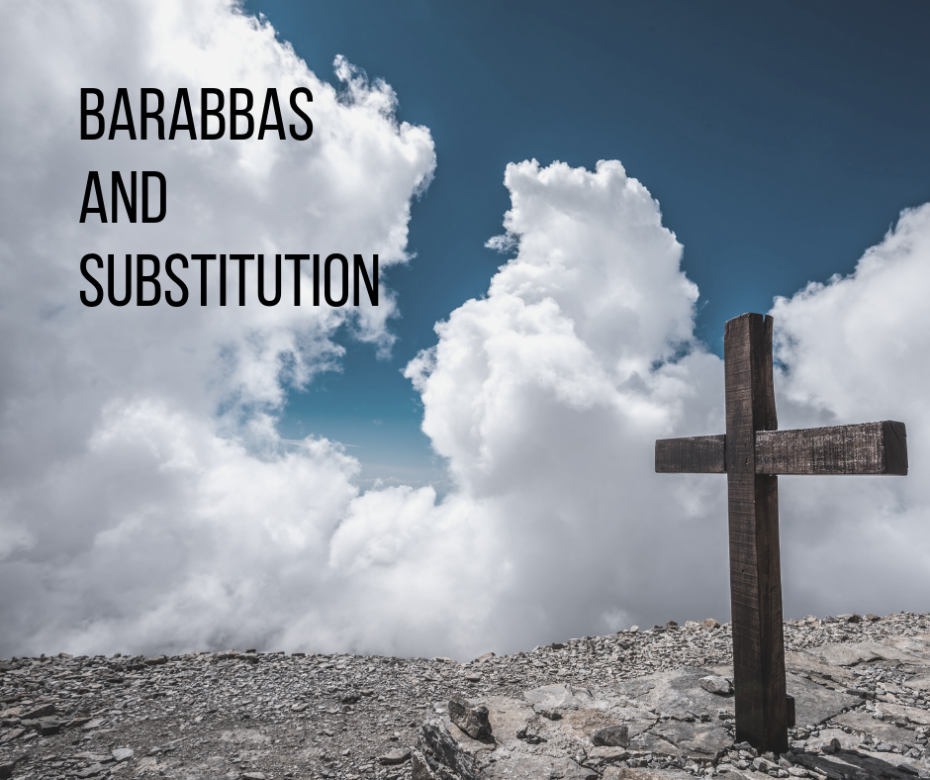One of my favorite novels is Barabbas by Par Lagerkvist, winner of the Nobel prize for literature. The novel imagines what happened to Barabbas after he was released:
“He was about thirty, powerfully built, with a sallow complexion, a reddish beard and black hair. His eyebrows also were black, his eyes too deep-set, as though they wanted to hide. Under one of them he had a deep scar that was lost to sight in his beard. But a man’s appearance is of little consequence.”
Barabbas gives us a picture of the substitutionary nature of the atonement. After all, Jesus literally died in his place.
Barabbas was a robber (John 18:40), murderer, and insurrectionist (Mark 15:7) on death row, waiting to be executed for his crimes.
Then Jesus was arrested.
And that put Pilate in a quandary.
You see, Pilate wanted to release Jesus but he didn’t have the moral courage to do it. It risked further angering the Jewish mobs who were calling for His blood. For Pilate, politics, not morality, would win the day. But he wanted to clear his conscience, so instead of condemning Jesus himself, Pilate left the decision to the crowds. He made the mob a proposal. He would release one prisoner of their choosing—would it be Jesus or Barabbas?
Pilate probably thought the decision was obvious—by any reckoning, Barabbas was scum. No one would call for his release. But that’s exactly what the crowds did. “Not this Man, but Barabbas!” they cried (John 18:40).
So Pilate washed his hands,
released Barabbas,
and executed Jesus.
What a wonderful picture of the substitutionary nature of the atonement.
Barabbas probably didn’t believe in Jesus for eternal life. But Jesus still died in his place.
Barabbas probably didn’t even know Who Jesus was, but that didn’t stop the substitution from happening and benefiting him.
Jesus died so that Barabbas could live.
You’re Barabbas.
I’m Barabbas.
The whole world is Barabbas—
murderers and thieves at heart, if not in deed.
Nevertheless, Jesus died for you and me and took the penalty for us all, just as He did for Barabbas.
He was Barabbas’ substitute, and He was yours, too.
Of course, just because Barabbas was released, does not mean he got eternal life. The analogy only goes so far. Only believers get eternal life (John 5:24). But Jesus died for everyone, to take away the sin of the world (John 1:29). His death was substitutionary.
There are theologians who deny the substitutionary nature of Christ’s death. And should you ever come across that kind of teaching, I recommend you accept no substitute!


